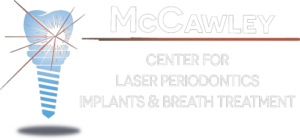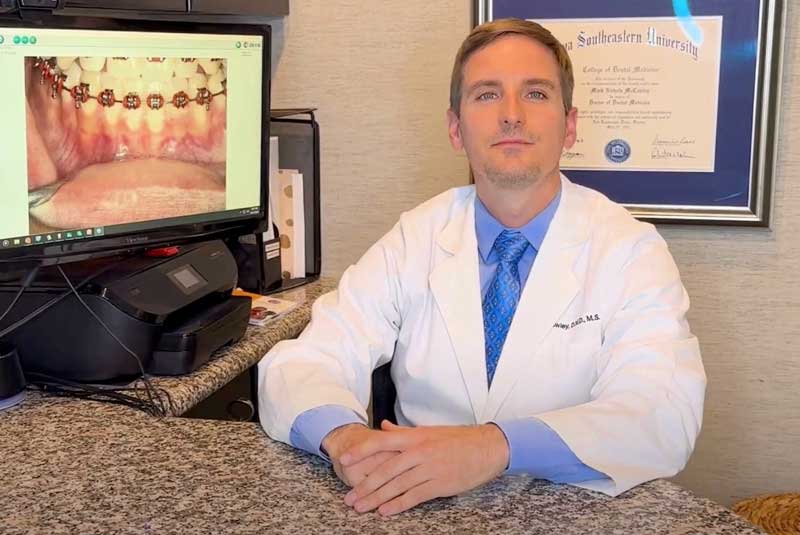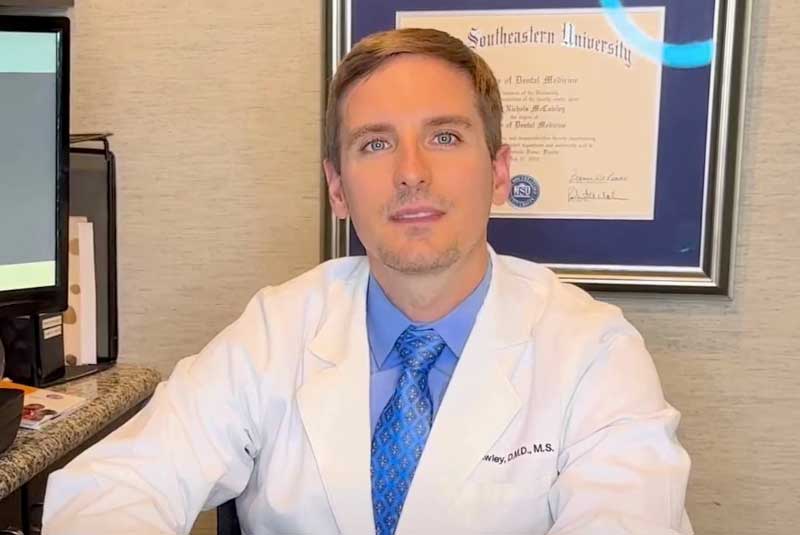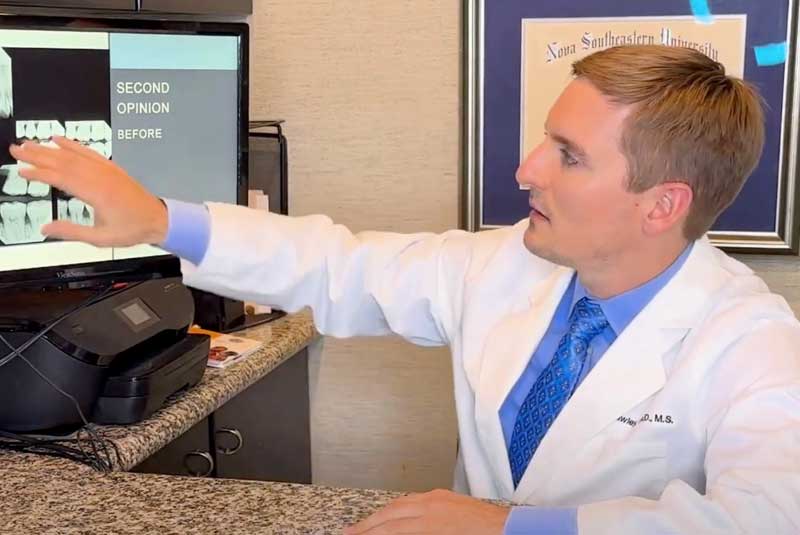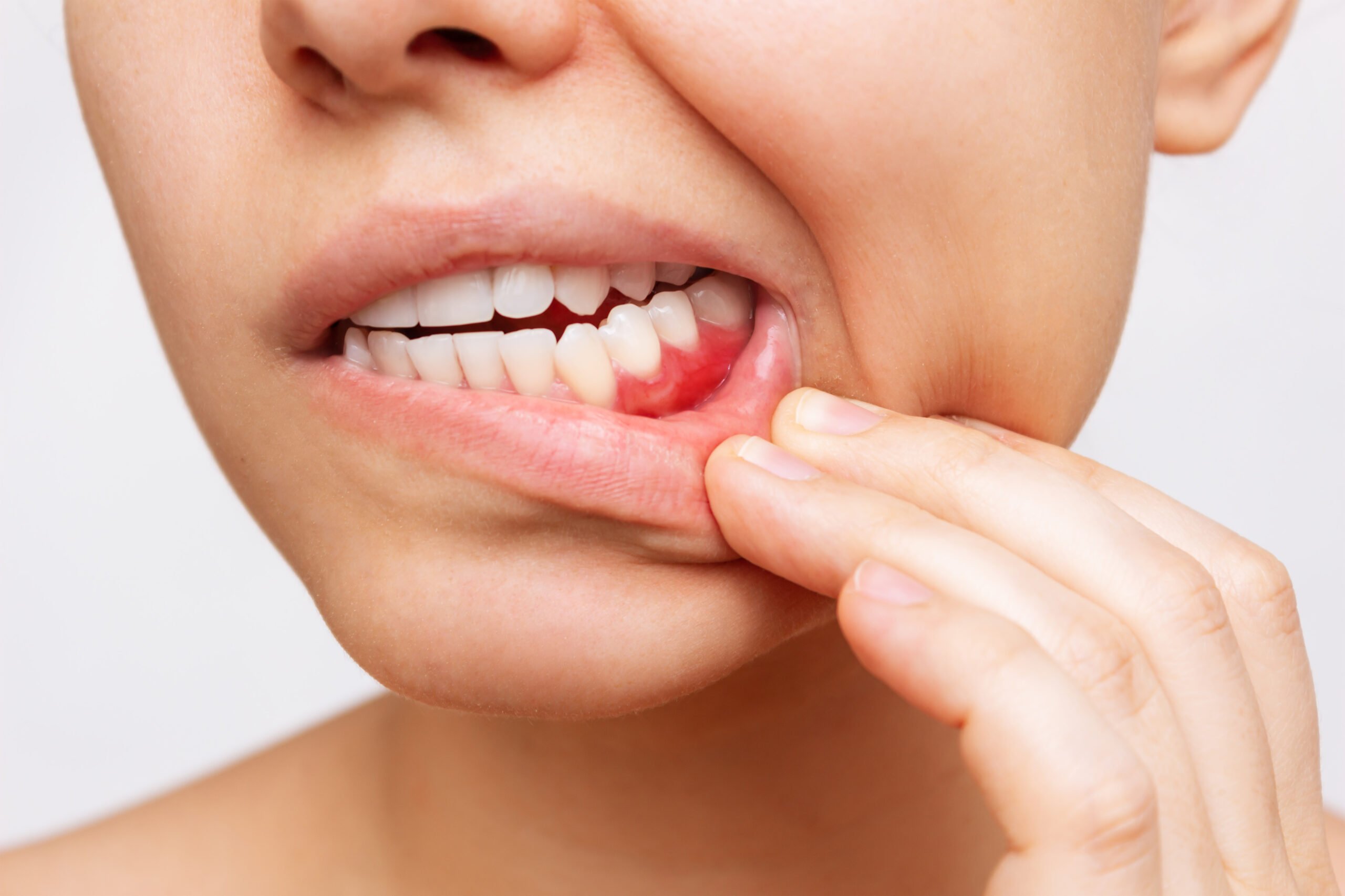
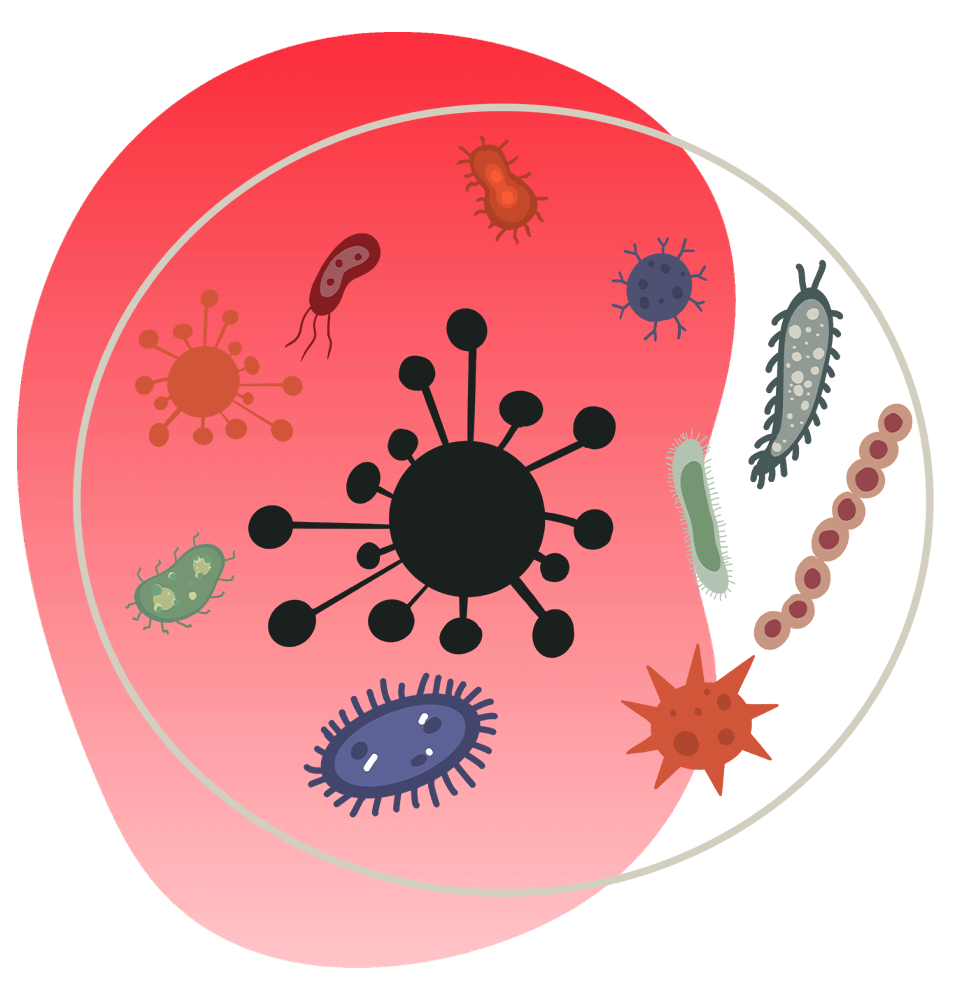
Saliva helps wash away food particles and bacteria, neutralizes acids in the mouth, and provides essential minerals that aid in the repair of tooth enamel. It contains antimicrobial components that help control bacterial growth, reducing the risk of oral infections and inflammation.
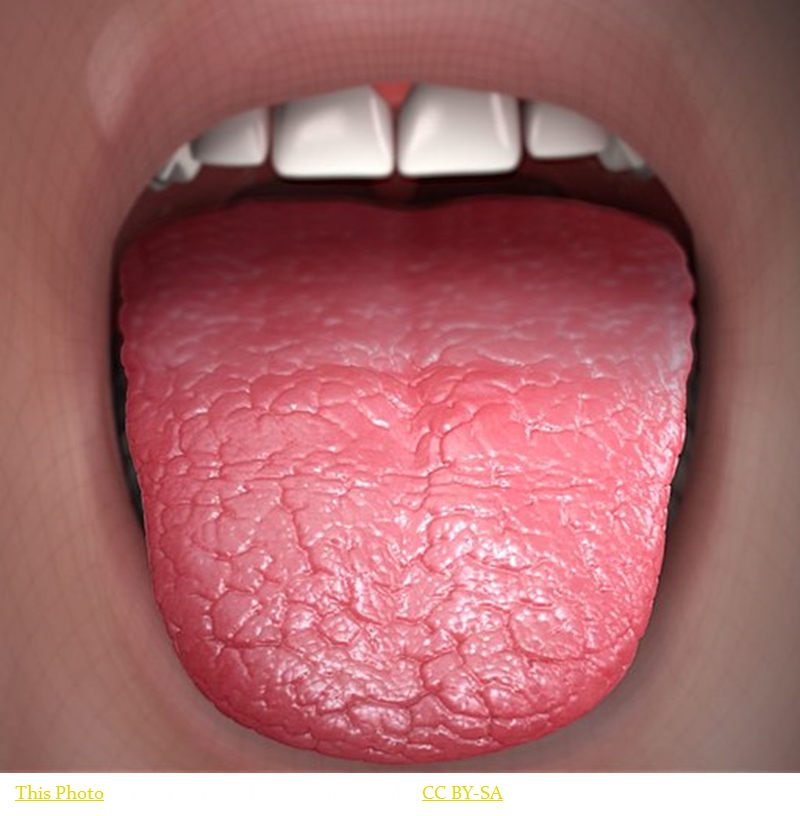
The bacteria in plaque produce toxins that irritate the gums, leading to inflammation (gingivitis). If not treated, this can progress to periodontal disease, characterized by deeper infection, bleeding gums, loss of bone and gum tissue, and potential tooth loss. In people with dry mouth, this process accelerates due to the impaired natural defense system provided by saliva.
Many medications that cause dry mouth (antihistamines, antidepressants, diuretics) can indirectly contribute to periodontal disease.
Conditions like diabetes and Sjögren’s syndrome can cause both dry mouth and increase the risk of periodontal disease.
Smoking and alcohol use, which reduce saliva flow, are also major risk factors for periodontal disease.

Drinking water frequently and using saliva substitutes can help manage dry mouth.
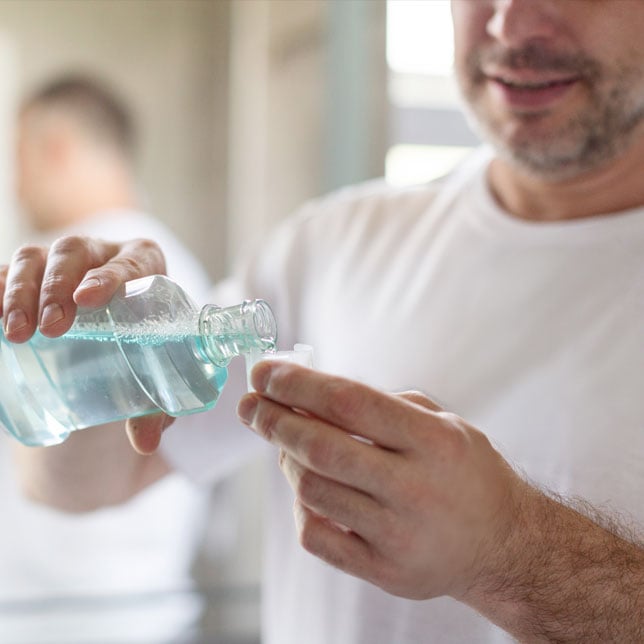
Brushing, flossing, and using antimicrobial mouthwash reduce plaque buildup.

Professional cleanings and early detection of gum issues help mitigate the risk of periodontal disease.

Managing systemic conditions or adjusting medications (under medical supervision) may improve saliva production.
